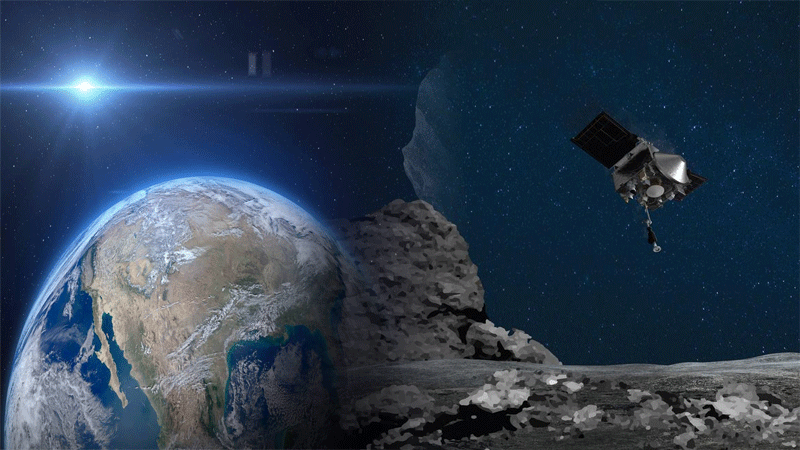Roscosmos, the Russian space agency, has declared that it will continue to support International Space Station (ISS) operations through the end of 2028.

Roscosmos, the Russian space agency, has declared that it will continue to support International Space Station (ISS) operations through the end of 2028.
The ESA (European Space Agency) members—the United States, Japan, Canada, and other nations—had already stated their intention to support operations until 2030, but Russia had not expressed a desire to do the same—at least in the short term.
In the worst case, global cooperation would come to an end at the end of 2024, with Russia playing a crucial role.
However, as of right now, NASA states that it will “continue to work with its partner agencies to ensure an uninterrupted presence in low Earth orbit, as well as a safe and orderly transition from the space station to commercial platforms in the future.”
Robyn Gatens, director of the International Space Station Division at NASA Headquarters in Washington, said, “The International Space Station is an incredible partnership with a common goal to advance science and exploration.”
“We can benefit from more than two decades of experiments and technological demonstrations if we stay on this incredible platform for a longer period of time, and we can continue to bring even greater discoveries into the world.”
Russia and China will work together on the new space research station’s planning, design, development, and operation, the BBC previously reported.
The first part of the International Space Station (ISS) was launched in 1998, and a Russian Soyuz TM-31 spacecraft carried its first crew aboard in November 2000. Since then, 266 people from 20 different countries have travelled there.
The U.S. space agency emphasises that crew members have carried out more than 3,300 microgravity experiments for research in a variety of fields, including biology, human physiology, Earth and space science, physical sciences, and technology. These are tests that are impossible to conduct on Earth.
Nasa reminds us that “the space station is one of the most challenging international collaborations ever attempted.” No partner currently has the capability to operate the space station without the other, and it was designed to be interdependent and rely on contributions from across the partnership to function.
The Russian space agency Roscosmos, is a state corporation in charge of space missions, cosmonautics projects, and aerospace research.
